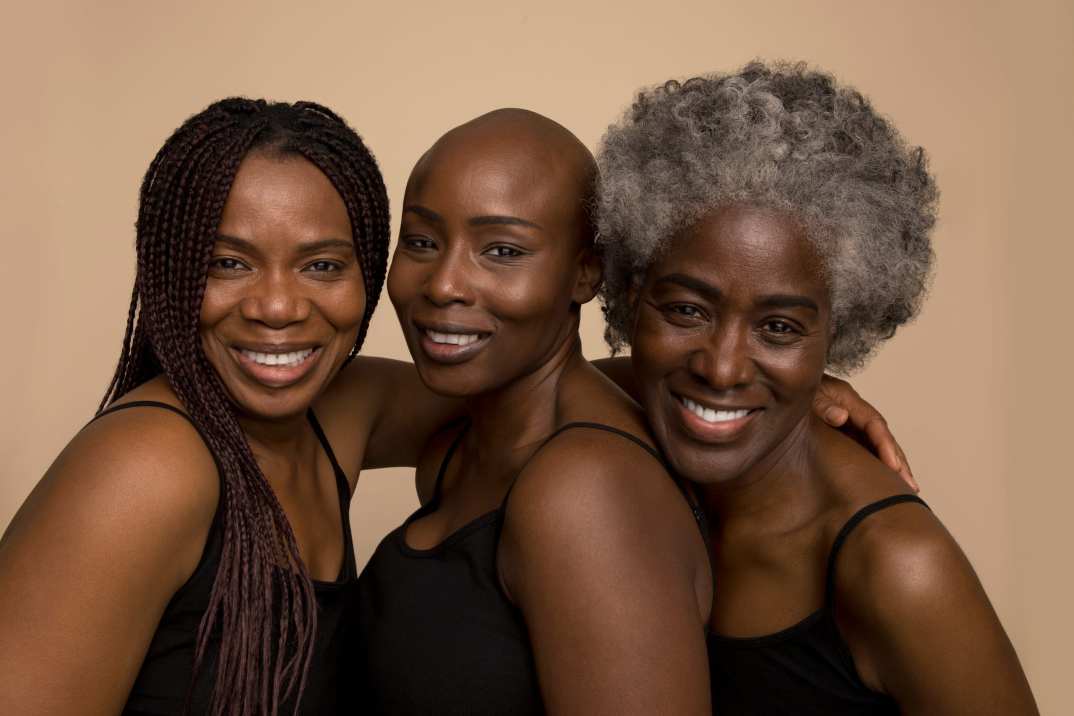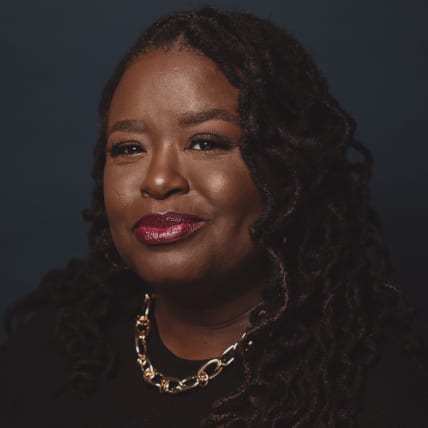Now more than ever, we need to keep trusting Black women
OPINION: Black women have been creating cultural interventions to shift the culture since the beginning of time, and reproductive justice collective SisterSong will help them do it again at the first-ever Trust Black Women Universe at this year’s Essence Fest

Editor’s note: The following article is an op-ed, and the views expressed are the author’s own. Read more opinions on theGrio.
As Black women, we’re in an interesting time in our culture. Our gifts and talents are being celebrated around the world — #ReinassanceTour anyone? — and yet the agency of our bodies continues to be under attack.
Black women are the curators of culture and masterful at creating and maximizing cultural interventions to create change — and we’ve got some major historical and current receipts to back this up.
But let me take a moment to explain what I mean by a cultural intervention by using one of our many receipts.
In 1994, 12 Black women came together to create what we now know as the reproductive justice movement. They knew that for Black women to have the human right to bodily autonomy, the pro-choice frame by nature wasn’t inclusive enough. They knew we needed to take a more intersectional approach that centered Black women and our unique experiences. They knew that Black women’s ability to make their own decisions about their bodies, families and futures was and continues to be impacted by economics, barriers in access to healthcare, and systems of oppression like white supremacy, patriarchy, misogynoir and so much more.
Creating the reproductive justice framework and using it to challenge the mainstream, predominately white-woman-led reproductive health and rights movements was an incredible and very necessary cultural intervention. It most importantly gave Black women a framework and movement where they could truly see themselves and their experiences reflected.
I define cultural interventions as intentional actions that challenge and disrupt the dominant power structures of the status quo with the goal of responding to the immediate needs of the community in order to move them to action while offering healing. To make this a little more clear, let me offer a story from my childhood involving my Black mama – because Black mamas be knowin’.
I was so excited to come home and sing the new song I learned for my middle school choir concert for my mama. I rushed in the door and begged her to stop what she was doing and listen. After breaking her down, I would sing with so much pride, “Oh I wish I was in a land of cotton…”
She stopped me after that one line and forced me and my sister into the car and drove us back to the school.
She got pulled over by police on the way for speeding, but somehow made it back in the car alive and with no ticket.
Once we got to the school, she made me sing the song in front of my Black principal and then asked him, “So you think it’s a good idea to have a choir full of Black kids singing this as the white director leads them?” As you can imagine, the next day, the choir director informed us that we would not perform that song in the concert. I quickly learned more about my mama’s childhood and her picking cotton for pennies and being among the first Black children to integrate their high school.
From Sojourner Truth’s “Ain’t I A Woman” speech to the Black Women’s Agenda of 1977 to the Combahee River Collective to Black Lives Matter to my own Black mama — Black women have been creating cultural interventions to shift the culture and make history at the same time for decades.
Yet, we’re still dying at higher rates than any other group during childbirth — no matter our background, social economic status or location. We are also dealing with the trauma of seeing Black children and Black mothers and fathers gunned down by racists. And if that’s not enough, we are forced to navigate a national crisis with the overturning of Roe v. Wade just one year ago – which fundamentally furthered a nationwide crusade against abortion rights.
I truly believe that the only way we will get to liberation is by creating the path forward. As a singer and cultural strategist, using art and creativity is what anchors me as a leader and is a key strategy to my organizing. At this nexus of our rights, freedom and expression, SisterSong Women of Color Reproductive Justice Collective, also known as SisterSong, is dedicated to using cultural tools to educate and advocate with and for our community — those historically forced to the margins and who too often are lost in the national conversations about reproductive rights.
Our favorite songs poetically tell stories of our pain, struggles and triumphs. Our favorite TV shows invite us into the world of fictional characters, humanizing real-life experiences we may never engage with personally. A movie from an up-and-coming director will tell the stories of unlikely people and communities that found a way to survive against the odds.
It is our duty to use every tool possible to fight back against any entity or system that seeks to harm Black women. This is why SisterSong along with nine other Black women-led reproductive justice organizations created the Trust Black Women Campaign. And we are committed to taking our national campaign directly to the epicenter of Black women – the Essence Festival of Culture — annually.
We formed the Trust Black Women campaign in 2010 when racist and sexist anti-abortion billboards popped up first in Atlanta and then across the country, and our movement has grown ever since — telling people to “Trust Black Women” with decisions about our bodies, families, communities and lives.
This year we are producing the first-ever Trust Black Women Universe to debut in New Orleans during the Essence Festival of Culture. The immersive, cultural experience will use art, exhibits and entertainment to not only elevate our voices and experiences, but it will also offer an autonomous safe space to celebrate our Black womanhood and our bodies and envision a future where we truly are free.
The Trust Black Women Universe is our cultural intervention created at a time where Black women’s bodies are constantly violated. We are worthy and deserve to be protected and celebrated. This is our opportunity to co-create the type of world we all deserve. And we hope more Black women will join us in this journey.

Monica Raye Simpson is the executive director of SisterSong, the southern-based national Women of Color Reproductive Justice Collective.
TheGrio is FREE on your TV via Apple TV, Amazon Fire, Roku, and Android TV. Please download theGrio mobile apps today!


